UK prime minister demotes foreign secretary in cabinet revamp
Lizz Truss has replaced Dominic Raab as the new foreign secretary as part of a sweeping cabinet reshuffle by Prime Minister Boris Johnson.
Moments after Raab left the Downing Street on Wednesday, the UK government announced in a report on its official website that he had been moved to a lesser role of justice secretary, being also assigned as the deputy prime minister, and Lord Chancellor, as an apparent sweetener to soften the blow of demotion.
His demotion comes in the wake of heavy criticisms over his holiday stay as the Taliban retook power in Afghanistan.
Apart from under-fire Raab, several other ministers were replaced or demoted, in an attempt to tackle economic inequality and supply chain crisis, which has been surging all over the country.
Truss gave her position as the international trade secretary to Anne-Marie Trevelyan, who had lost the same seat when her Department for International Development was merged with the Foreign Office.
Adding to the number of demotions, Cabinet Office Minister Michael Gove was appointed as the housing, communities and local government secretary, replacing Robert Jenrick who returns to the backbenches. His position in the Cabinet Office was filled by Stephen Barclay, a former Brexit minister.
Raab's and Gove's moves followed the sackings of under-fire Education Secretary Gavin Williamson, and Justice Minister Robert Buckland. Williamson was facing repeated opposition calls to quit, or be sacked, over his handling of disruption to schools and exams during the pandemic.
Chancellor Rishi Sunak and Home Secretary Priti Patel keep their jobs, while Nadine Dorries, who has never sat in the cabinet before, joins the government as culture secretary, replacing Oliver Dowden, who was appointed a Cabinet Office minister and Tory Party chair.
Ending regional inequality is key to the agenda set in 2019, but the problem has been in place since then, as blunders by cabinet ministers have buffeted the government.
The UK has been struggling with several economic challenges, such as the supply chain crisis, lack of lorry drivers and workforce, stock shortages and higher prices.
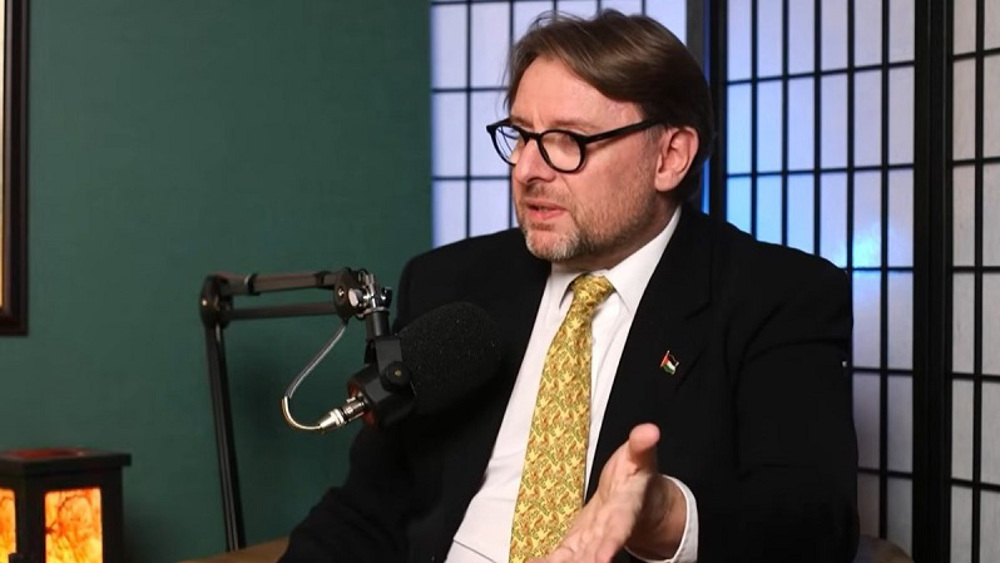
Abuse of UK Terrorism Act

British celebrities condemn BBC removal of Gaza documentary
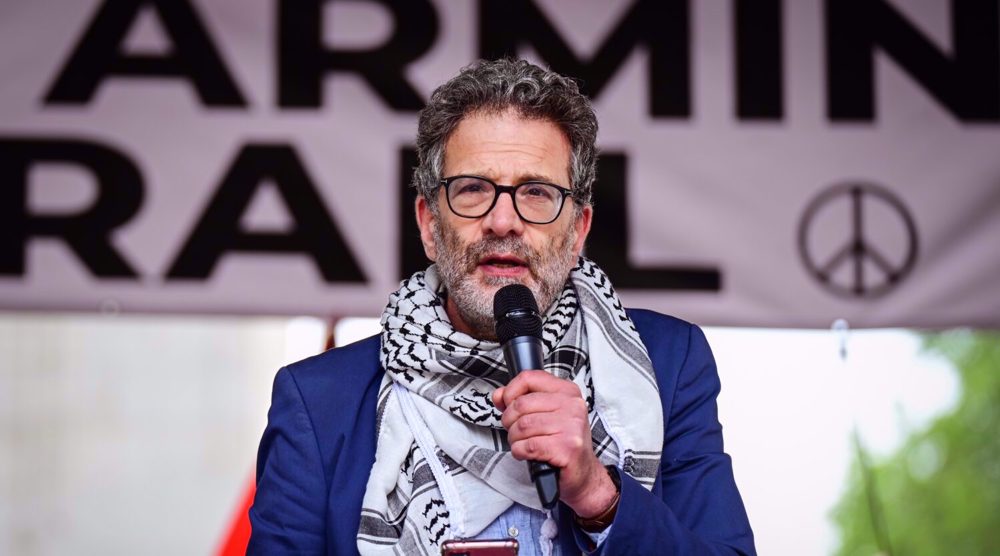
Palestine Solidarity Campaign director on trial
Iran's freestyle wrestling team clinches championship title in Albania ranking series
Trump seeks sweeping cuts to State Department: Report
VIDEO | Iran, Pakistan strengthen media cooperation to foster cultural ties
VIDEO | BRICS workshop in Tehran strengthens innovation, cooperation
Iran condemns deadly bombing in Pakistan, stresses regional unity to fight terror
Jordanians rally en masse to censure Trump's Gaza takeover plan
VIDEO | Press TV's news headlines
Iraq asserts commitment to security agreement with Iran


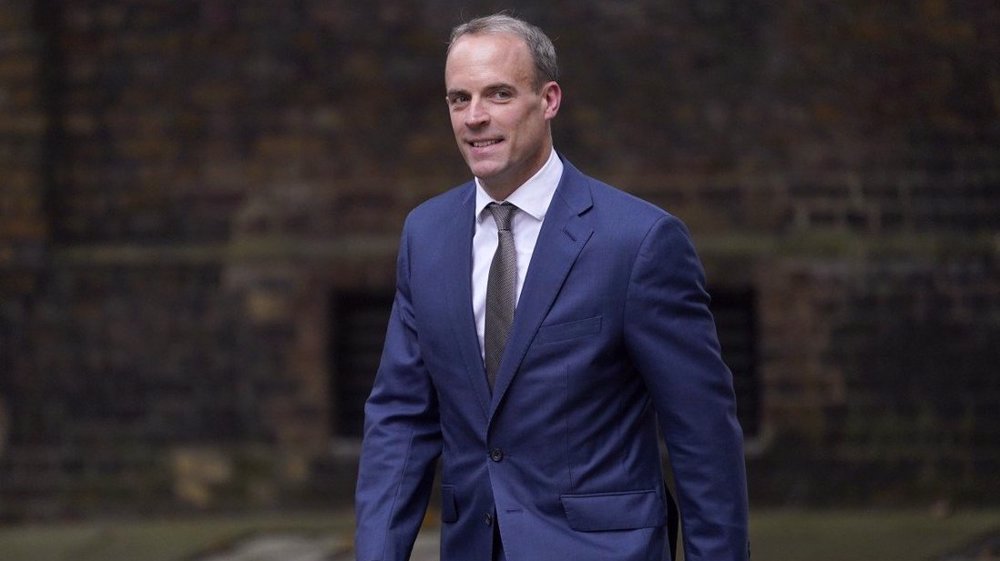
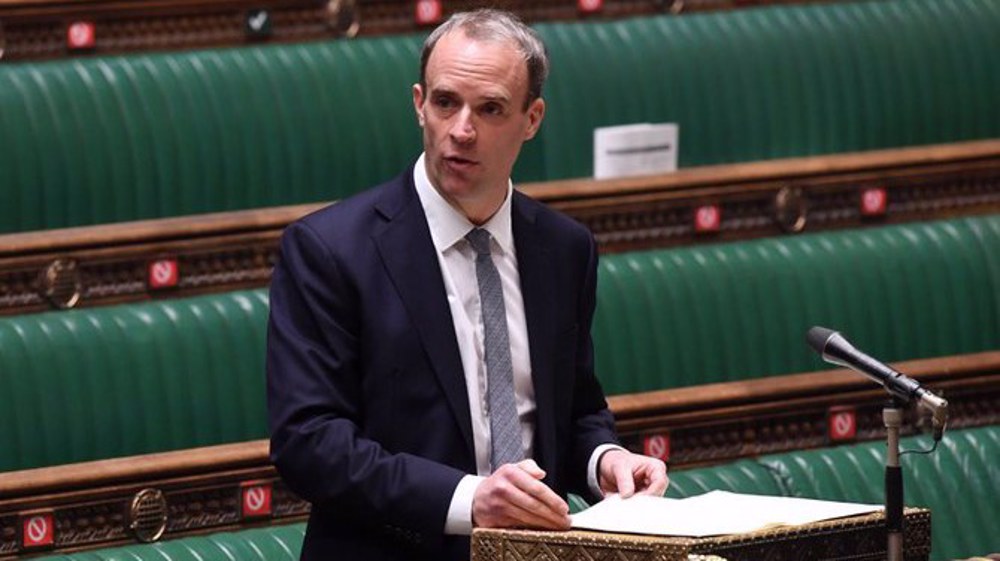
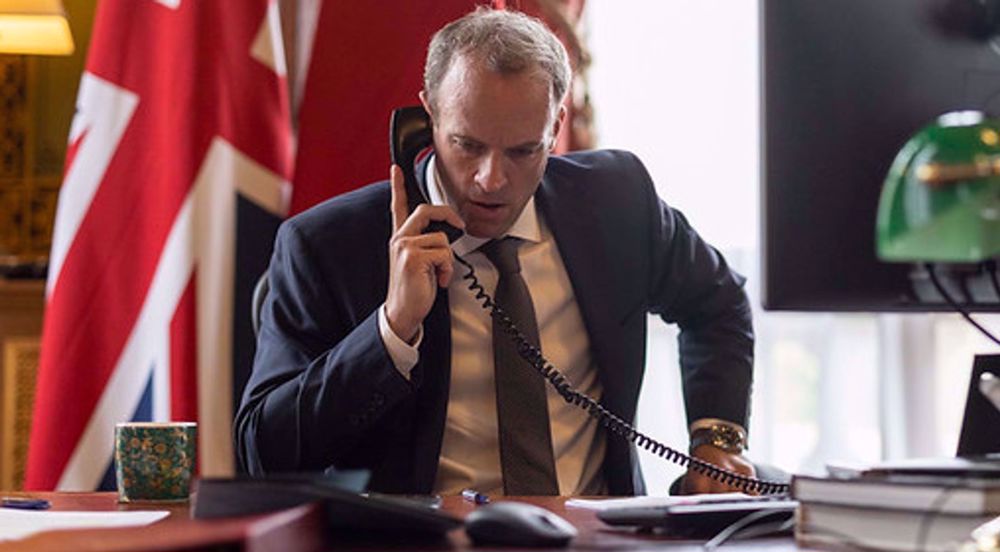




 This makes it easy to access the Press TV website
This makes it easy to access the Press TV website